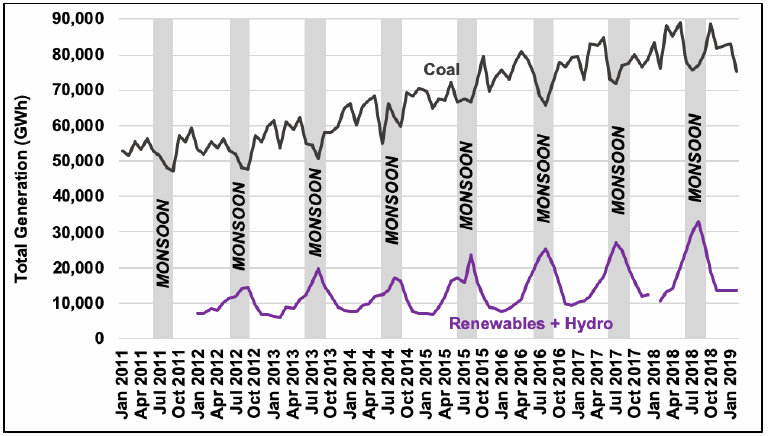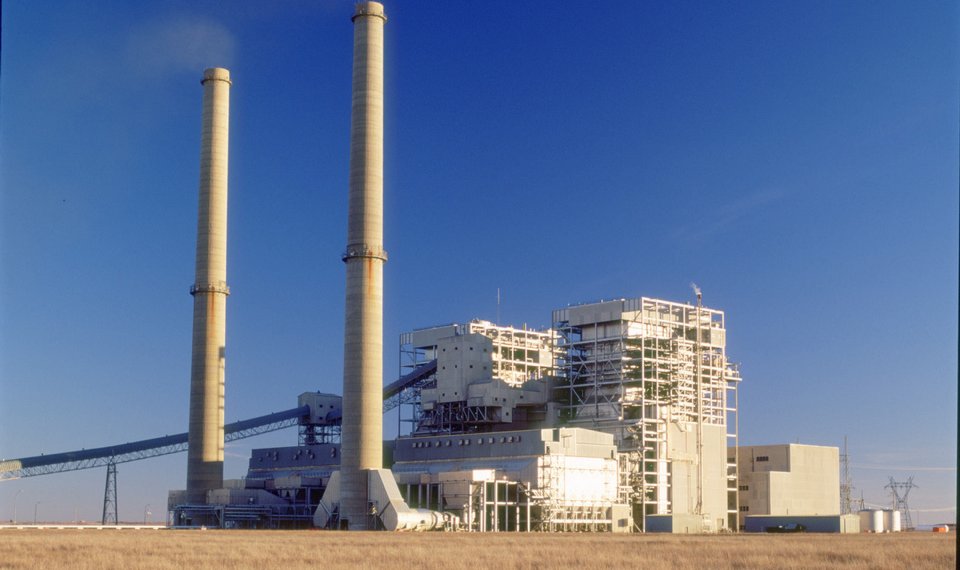Client: Earthjustice
Authors: Bryndis Woods, Eliandro Tavares, Sagal Alisalad and Liz Stanton, PhD
October 2019
Researcher Bryndis Woods, Assistant Researchers Eliandro Tavares and Sagal Alisalad and Clinic Director and Senior Economist Liz Stanton, PhD prepared a report that compares Puerto Rico Electric Power Authority’s (PREPA’s) most recent version of its Integrated Resource Plan (IRP), released in June 2019, to best practices distilled from the most recent Hawaiian electric sector planning process, which was finalized in 2016. The report presents the parallels between Hawaii and Puerto Rico’s island electric systems and outlines how important lessons from the Hawaiian context have the potential to improve Puerto Rico’s planning process, ensure that PREPA is in compliance with Puerto Rico’s climate laws, and provide the lowest possible rates to consumers.




















